EU Urges Citizens to Stockpile Supplies to Last 72 Hours as Part of Crisis Preparedness Strategy
In a significant shift toward enhancing civil resilience, the European Union has issued its first continent-wide preparedness strategy, advising citizens to prepare for emergencies by stockpiling essential supplies to last 72 hours. The recommendation applies across member states and is part of a broader initiative to boost public readiness for threats ranging from climate-induced natural disasters to pandemics and even potential military aggression.
The European Commission says this initiative aims to foster a culture of readiness among the bloc’s citizens. The plan recommends households develop emergency protocols and maintain a stock of vital supplies such as food, water, medicines, and backup energy. The strategy draws inspiration from long-standing practices in Nordic countries and Germany, where public information campaigns and apps already provide citizens with instructions for handling crises such as armed conflict or extreme weather events.
European Commissioner for Preparedness and Crisis Management, Hadja Lahbib, reiterated the call, emphasizing the importance of individual action. She highlighted her own emergency bag in a social media video—equipped with items including ID documents, canned goods, bottled water, a radio, and even playing cards—delivered in a light-hearted tone meant to demystify the concept of emergency planning.
Broader Coordination and Education at the Core of New Strategy
The preparedness framework extends beyond households. It proposes a Europe-wide Preparedness Day, integration of civil readiness education into school curricula, and an EU-level stockpiling strategy for critical infrastructure like water supplies, generators, and shelters. While the EU does not have direct control over member states’ military or civilian emergency services, it has taken on an expanded role in crisis coordination since the COVID-19 pandemic, including overseeing shared medical equipment procurement.
The strategy’s timing aligns with growing concern over geopolitical instability and climate emergencies. A report by former Finnish president Sauli Niinistö recently warned of the EU’s lack of clarity in the face of potential military aggression. While acknowledging improved coordination since 2020, the report called for a mindset shift toward anticipating crises rather than reacting to them.
Mixed Responses from Member States Reflect Uneven Risk Perceptions
Reactions across the EU are expected to vary. Some countries, particularly in southern Europe, have expressed discomfort with rhetoric resembling militarisation. A case in point: the EU’s military spending programme was rebranded from “Rearm Europe” to “Readiness 2030” following pushback from Italy and Spain. Conversely, Nordic states have long been proactive. Sweden advises storing energy-rich food and radio-powered communications; Norway recommends households stock iodine tablets for nuclear contingencies; and Poland has mandated the inclusion of bunkers in new buildings.
In Germany, citizens have been encouraged to convert garages and storage spaces into emergency shelters, while Belgian officials have emphasised flexibility in defining preparedness based on a country’s unique geopolitical landscape.
From War Rooms to Kitchens: Encouraging Practical Action, Not Panic
EU officials have responded to criticism that the campaign may stoke unnecessary fear. Vice-President Roxana Mînzatu likened the strategy to accident insurance—an essential safeguard rather than a signal of impending crisis. While admitting she doesn’t currently maintain her own emergency stockpile due to frequent travel, she acknowledged the need to shift public perception.
Commissioner Lahbib, who does keep a 72-hour kit, noted that varying cultural norms mean preparedness will look different across member states. In Finland, for example, young people are trained in handling weapons, a practice not replicated across the bloc.
The strategy coincides with Denmark’s recent decision to accelerate plans for compulsory military service for women, starting in mid-2025, marking yet another indicator of Europe’s shifting security priorities.
As Lahbib stated, the plan is not about fear—but readiness. The strategy is a call for practical awareness in an age where uncertainty, more than ever, has become the norm.
Also see:
Trump Announces “Reciprocal Tariff” Plan, Targets India and Other Nations
Tesla Signs Mumbai Showroom Lease, Marks Entry into Indian Market
EU Unveils €800 Billion Plan to Strengthen Defence
—————————————————————
It would mean the world to us if you follow us on Twitter, Instagram and Facebook




